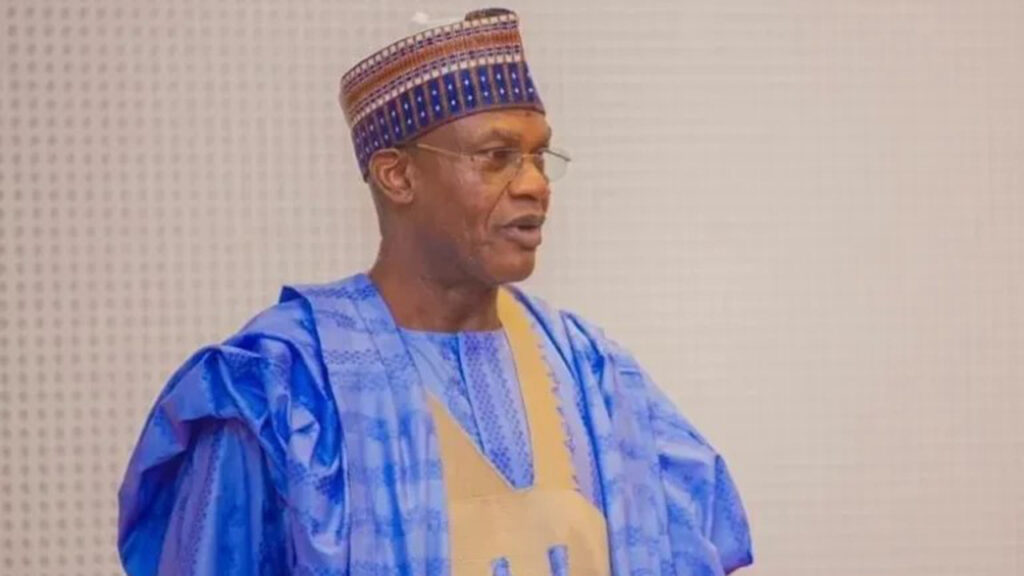The Education Minister, Prof. Tahir Mamman, has said the education sector has suffered the most from brain drain in the country. Mamman, who spoke, yesterday, during the inauguration of governing councils of federal tertiary institutions in Nigeria, urged the councils to tackle challenges affecting smooth running of universities and collaborate with other stakeholders to ensure seamless process.
The minister said contrary to the notion that the medical profession has suffered the most from brain-drain syndrome, the education sector is the worst hit.
He said: “Unknown to a lot of people, the education sector has actually suffered the most in the Japa syndrome than any other sector in Nigeria. We have lost even teachers in primary and secondary schools because of this. They have left to Europe and other places. A lot of times we talk about the medical personnel. But I can confirm to you that we have lost more teachers in Nigeria than any other sector.
“Especially for teachers in tertiary institution, it takes at least 15 years to have somebody with a Ph.D. So, if you lose one, it’s a very major loss to the country.”
According to a 2023 Nigerian Immigration Service report, 3.6 million Nigerians migrated in two years to other countries in search of better opportunities.
Mamman, therefore, urged the governing council members to follow due process in the appointment of principal officers of their institutions.
The minister, who also charged the members to block loopholes and generate ideas that would increase the internally-generated revenues of the universities, said plans had reached an advanced stage in preparations to carry out a complete census of all schools, teachers, and students at all levels of education in Nigeria.
“Although the tertiary institutions have, over the years, produced graduates with skills and competencies to compete favorably across the globe, our education sector is still grappling with many challenges. And the government has huge expectations for each of you in addressing the challenges facing the tertiary institutions,” he said.
He highlighted some of the challenges confronting tertiary institutions to include low carrying capacity resulting from insufficient infrastructure, inadequate academic, non-academic and technical members of staff; insufficient funding, unstable academic calendar, examination malpractices, insufficient deployment of ICT and other innovative technologies for teaching, learning and research, proliferation of illegal tertiary institutions, certificate racketeering and gender imbalance.
He urged the boards to be abreast of the current Acts of their various institutions, government policies, white papers, circulars, gazettes and other relevant documents.













